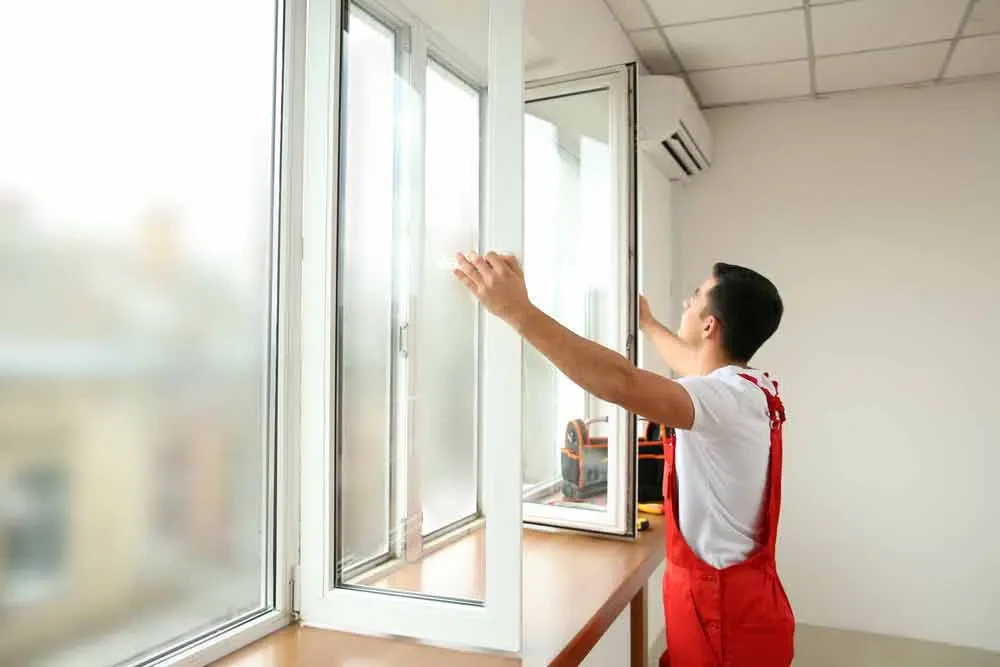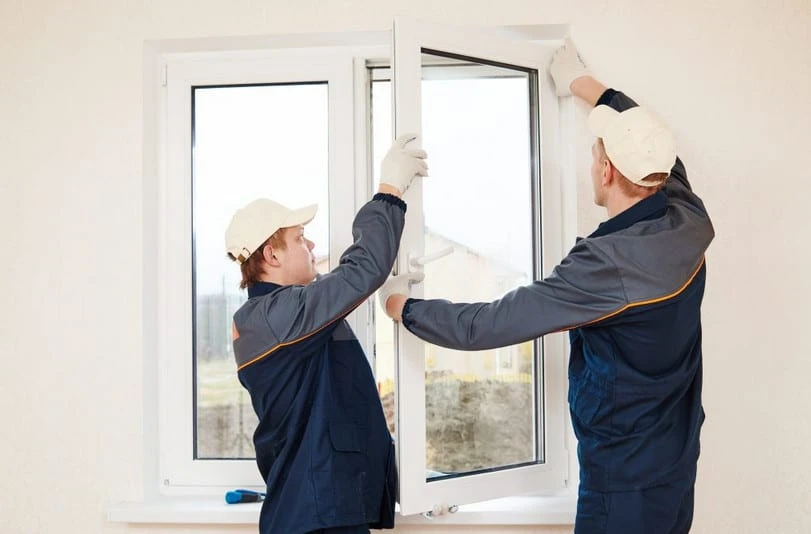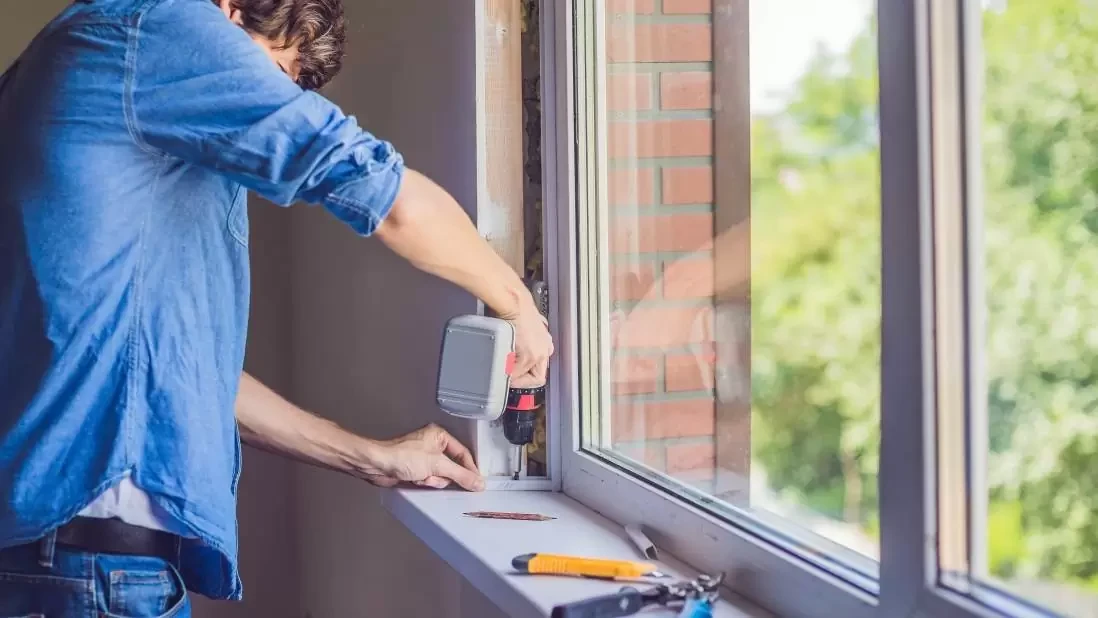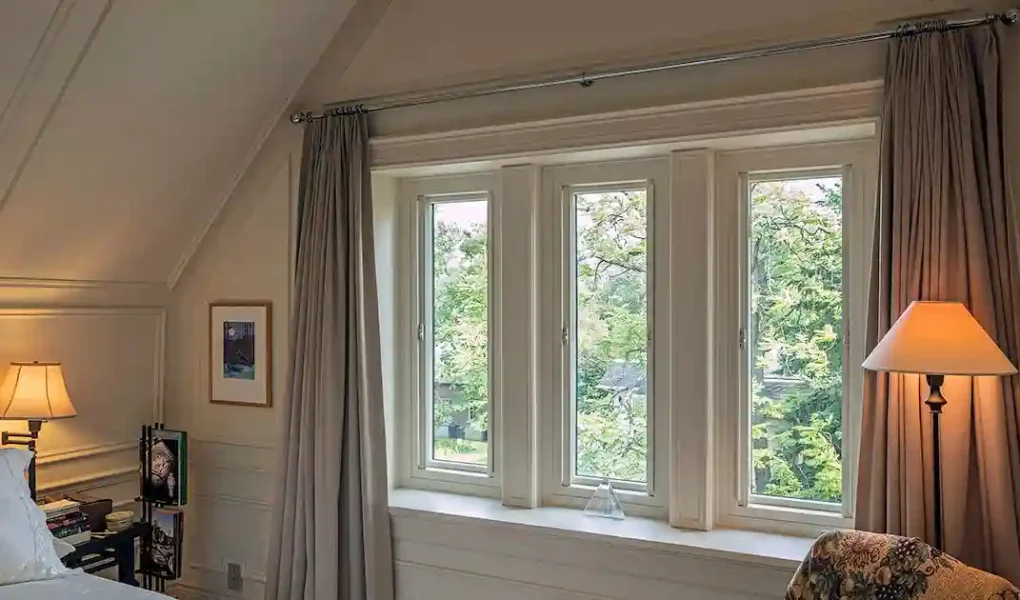When faced with the choice between fixing or replacing a window, several factors come into play. Assessing the extent of damage is crucial; minor issues warrant a simple repair, while significant structural problems suggest replacement is the best route. The cost of a product or service plays a pivotal role in your decision-making. While repairs can be budget-friendly initially, they may lead to further complications if not thoroughly addressed. Replacement often has higher upfront costs but can save money on energy bills and maintenance over time. Sustainability also weighs heavily on this discussion. Repairing windows is typically more eco-friendly, as it reduces waste and conserves resources that would go into manufacturing new ones. If you’re upgrading to energy-efficient models, a replacement could contribute positively to environmental efforts. Your specific situation carefully, your home’s age and style matter as much as your financial capacity and environmental priorities. Deciding whether to fix or replace will depend largely on individual circumstances such as budget constraints and aesthetic preferences. The best path forward is to weigh all these aspects thoughtfully before making an informed choice that aligns with practical needs and personal values.
Understanding the Issue: The Importance of Functional Windows

Functional windows are vital for maintaining a comfortable home. They regulate temperature, letting in light while keeping out drafts. A well-sealed window enhances your living space’s energy efficiency. Windows also offers security and protection. They shield against outside elements like rain, wind, and noise. You may notice water stains or increased energy bills when they fail to perform. Beyond functionality, windows influence the aesthetic appeal of your home. Cracked or foggy glass can detract from its overall charm. Functional windows improve indoor air quality by allowing proper ventilation without compromising safety. This is essential for a healthy living environment. The importance of having fully operational windows cannot be overstated; they enhance comfort and security while positively impacting your home’s value.
Factors to Consider Before Making a Decision
When deciding between fixing or replacing a window, consider the extent of damage. Is it a minor crack or a significant structural issue? Assessing this can guide your next steps. Age also plays a crucial role. Older windows might not just need repairs; they could lack energy efficiency, making replacement more appealing. Evaluate your budget as well. Repairs can be less costly upfront but may lead to recurring expenses if underlying issues aren’t addressed. A fresh window design can enhance curb appeal while retaining historical charm with careful repairs. Take into account plans for your property. If you plan on staying long-term, investing in new windows might offer better returns than patching up older ones that won’t last much longer.
Cost Comparison: Repair vs Replacement

When weighing the cost of window repair versus replacement, looking at immediate and long-term expenses is essential. Repairing a window can often be cheaper upfront. Small issues like broken seals or cracked panes might only require simple fixes. If you’re facing ongoing problems like frequent drafts or moisture buildup, it could indicate underlying issues that will persist even after repairs. In such cases, costs can add up quickly.
Conversely, replacing a window means higher initial costs but offers better energy efficiency and aesthetics in the long run. New windows come with warranties that protect your investment for years to come. Modern windows are designed to insulate effectively, significantly reducing heating and cooling expenses. This factor could tip the scales to buying new rather than repeatedly patching up old.
Benefits of Fixing a Window
Repairing a window can often be a quick and cost-effective solution. It allows you to address specific issues without needing an entire replacement. One major advantage is preserving the character of your home. Older windows have unique designs that add charm and historical value. Fixing them keeps that aesthetic intact. Repairing windows typically involves less disruption than replacing them entirely. You won’t need extensive renovations or adjustments to surrounding structures. Another perk is energy efficiency. Many fixes, like replacing or adding weather stripping, improve insulation, reducing heating and cooling costs. Repairing a window supports sustainable practices.
Benefits of Replacing a Window

Replacing a window can significantly enhance the energy efficiency of your home. New windows often come with advanced insulation properties, reducing heat loss in winter and keeping interiors cool during summer. The aesthetic appeal also can’t be overlooked. Modern designs offer a fresh look that can revitalize your space interior and exterior. This upgrade may increase your property’s curb appeal. Security is another critical factor. Older windows may have weakened frames or outdated locking mechanisms, making them vulnerable to break-ins. Newer models usually feature better security features to keep your home safe. Freshly installed windows require less upkeep than older ones that may need constant repairs or adjustments.
Sustainability and Environmental Impact
Choosing between fixing or replacing a window has significant implications for sustainability. Repairing windows often means less waste. You’re extending the life of existing materials, which reduces landfill impact. Replacing windows can be eco-friendly, too. Modern replacements come with energy-efficient designs that reduce heating and cooling costs over time. As a result, not only are you saving money, but you are also reducing your carbon footprint. The materials used in new windows as well. Options like recycled aluminum or sustainably sourced wood minimize environmental damage during production.
Making the Decision: Which Option is Best for You?
Deciding between fixing or replacing a window can feel overwhelming. Start by assessing the damage and determining how it affects your home’s comfort and security. Older models may not be worth repairing, especially if they lack energy efficiency. Newer windows often come with warranties that make replacement more appealing. Repairs might seem cheaper upfront, but unexpected issues could arise later on. Replacement offers long-term benefits, like improved insulation and reduced energy bills. A new window can enhance curb appeal while ensuring functionality. If you’re leaning toward repair, weigh the time needed against potential disruptions to your daily life. Align your choice with immediate needs and future goals for your space; this clarity makes all the difference in choosing wisely.




